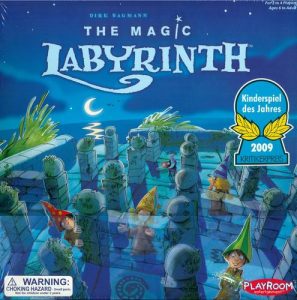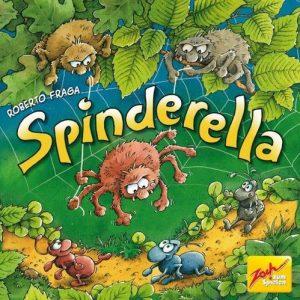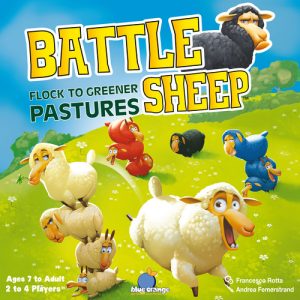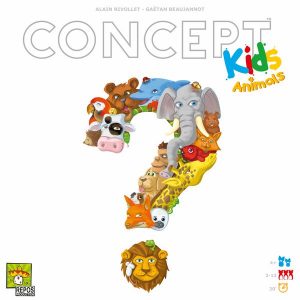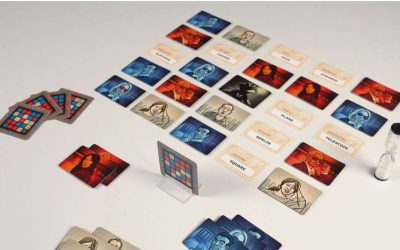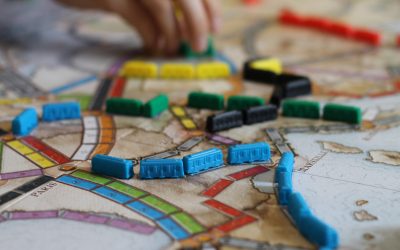Benefits of Gaming in the Social Development of Children
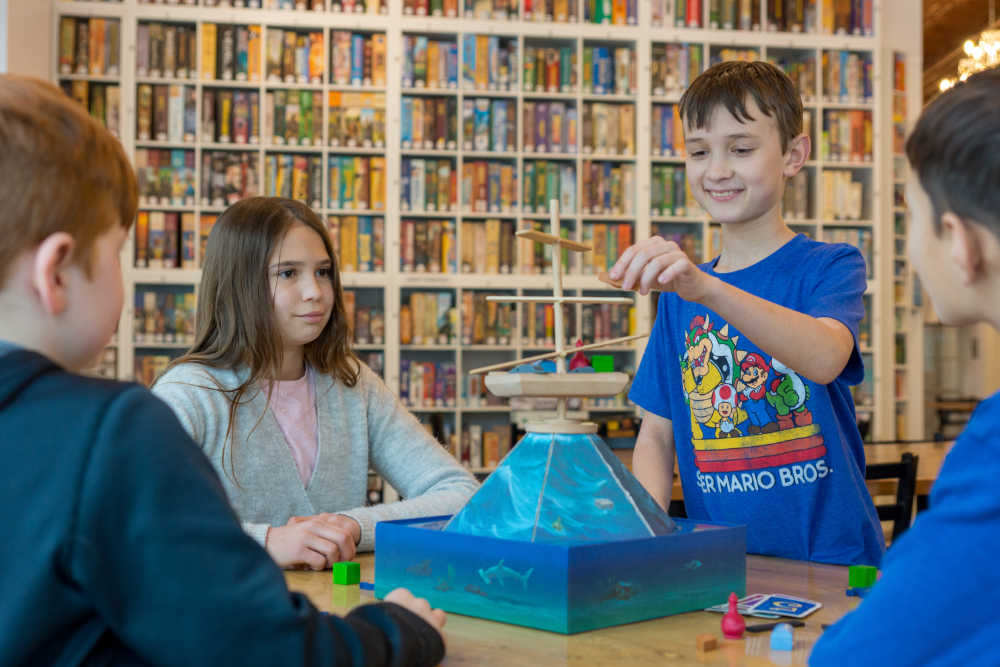
Do you remember the day you played your first board game?…
If you’re having a difficult time remembering, it’s probably because your first experience with a board game was in your early childhood. Like most people, I was introduced to games as a child.
I remember playing games like, “Sorry”or “Chutes and Ladders”with my grandma when I was a kid. Later on, around age 10, I played “Monopoly”,“Risk” and “Careers”with my friends. Back then, video games and mobile app-based games were either rare on non-existent (yes, I am that old). So, on weekends or after school, board games were our favourite pastime.
I used to wonder about the impact of those early experiences with games and whether they helped shape the person I’ve become.
I’m now convinced they did.
Today, the board gaming industry has grown and matured. There is a wide variety of titles with a multitude of genres and mechanics. Many games are targeted at children and families. I strongly believe that playing board games is an important part of any child’s development.
Let’s take a look at some of the benefits that come with playing these games.
Board games are an inherently communal activity and, as a result, any game, no matter the complexity or mechanics, has the potential to teach social skills. During game play, we have to interact and communicate with our fellow players on some level. This could be as basic as asking for the dice when it is our turn, or as in-depth as discussing strategies in a co-operative game.
Games are designed to be fun and therefore offer a positive environment to interact with other children or adult family members. More often than not, they also require patience. In an era dominated by the superficial allure of instant gratification and shrinking attention spans, board games provide a reason to pause and wait for our turn. They teach us to carefully consider the consequences of our next action and work toward a goal. Though I’m now my 50’s, I still need to relearn these lessons from time to time.
Rules, in the context of a game, offer another level of social development. They provide a basic social contract that all players must adhere to. For the duration of the game, we agree that our own needs and wants won’t always be met. No matter how much we resist, or how great the tamper tantrum, the framework of the game will not change. The contract also assumes that each player will abide by it in good faith. Breaking this invisible pact (aka: cheating) provides an unfair advantage to one player at the expense of the others. While this might be of some immediate benefit to the cheating player, the long-term consequences may be that trust is lost and nobody will care to play another game with them. Learning how to ‘play well with others’ is a valuable lesson for anyone at any age.
Another significant aspect of gameplay is the management of emotions. Learning how to win or lose gracefully is difficult for adults at the best of times, but board games are a great way for children to practice the management of their emotions early on in their development. Games offer a safe environment to teach kids that losing a game doesn’t mean the end of the world as they know it. The game can always be re-set and they can always try again. On the other hand, victory has to be handled with care as well. It’s ok to enjoy the thrill of outwitting another player, but it’s not ok to gloat or to make them feel inferior. Learning to manage one’s emotion in relation to victory or loss is an invaluable skill to take into the ‘real world’.
Board games are not only fun, they’re also packed with the potential to equip a child with the skills they need to navigate their future social interactions. It’s a win-win situation.
So, let’s go and play a good game.
Are you looking for some fresh ideas for games for children? Here are some of my favourites:
‘Spiel Des Jahres’ Winners 2021
Arguably the most important event with regards to the world of board gaming is ‘Das Spiel,’...a fair that is held each October in the German city of Essen. Exhibitors and guests from all around the world gather for 4 days to present and try all of the new and exciting...
Word Guessing Games
The philosopher Friedrich Nietzsche once said:...“All I need is a sheet of paper and something to write with, and then I can turn the world upside down.” Even though I am almost certain that he did not say this with regards to board games, part of me wonders and...
The History of ‘Ticket to Ride’
What defines a great board game?...It is its theme, the accessibility and elegance of the rules, the design and production of the components, the depth of strategy, or the level of enjoyment one experiences when playing it? I believe it is a combination of all of...
